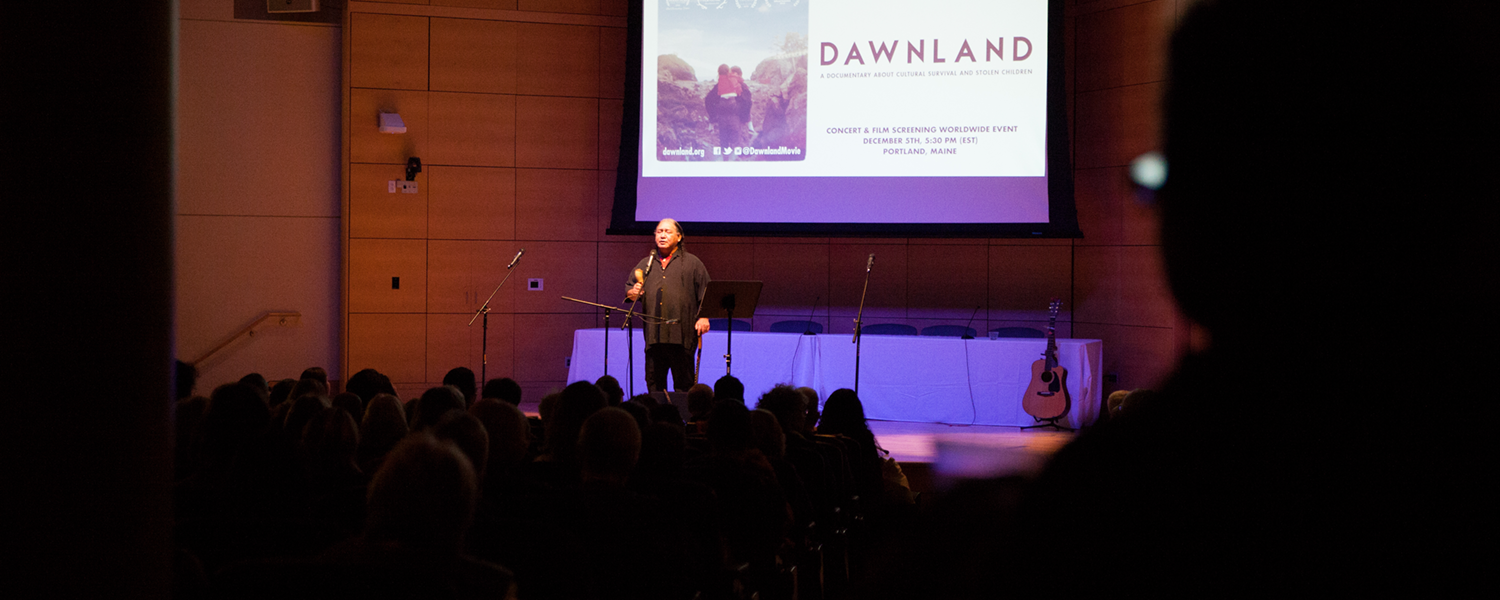
FILMS
Upstander Project films start necessary conversations.
Building a future where all beings and the Earth thrive together requires us to have tough, meaningful conversations. We can’t just talk at each other, we have to talk with each other. We have to listen to each other.
Sometimes it can be hard to know how to start those conversations. Walking up to someone and saying, “Hey, I’d like to talk to you about genocide,” can seem pretty intimidating. But asking someone to watch a documentary with you isn’t. Upstander Project’s films seek to amplify stories that have been historically silenced. They are tools for self-reflection and for community conversation. We hope they’ll spark discussion about the stories explicitly told in the films and the broader societal and environmental implications of those stories.
How do I access Upstander Project’s films?
We offer a number of different ways to view our films so you can choose the option that suits your needs best:
Stream for free (limited to certain films)
Rent or purchase for individual viewing
Purchase for institutional viewing
Reciprocity Project
Reciprocity Project, a joint endeavor of Upstander Project and Nia Tero in association with REI Co-op Studios, seeks to embrace the value of Indigenous perspectives on reciprocity and reframe our relationships to the Earth, other living beings, and one another.
Bounty
Bounty, part of our Dawnland film series, reveals the hidden story of scalp-bounties used to exterminate Native people in order to take the land. In the film, Penobscot parents and children resist erasure and commemorate survival by reading and reacting to the government-issued Phips Proclamation.
Dear Georgina
At age two Georgina Sappier-Richardson was removed from her home and Passamaquoddy community by child protection services. She would never see her parents again. Dear Georgina, part of our Dawnland film series, follows her journey into an unclear past to better understand herself and her cultural heritage.
Dawnland
For decades, child welfare authorities have removed Native American children from their homes. Dawnland goes behind the scenes as a historic Truth and Reconciliation Commission body grapples with difficult truths, redefines reconciliation, and charts a new course for state and tribal relations.
First Light
First Light, part of our Dawnland film series, documents the historic actions of the Maine Wabanaki Child Welfare Truth and Reconciliation Commission as it seeks healing and hope for Native Americans affected by the state’s abuse of power through the child welfare system.
Coexist
How do societies ravaged by genocide begin to heal? In Coexist, Rwanda’s unprecedented social experiment in government-mandated reconciliation is revealed for the first time through the eyes of a diverse range of survivors: victims, perpetrators, and those who bore witness to the 1994 genocide.






